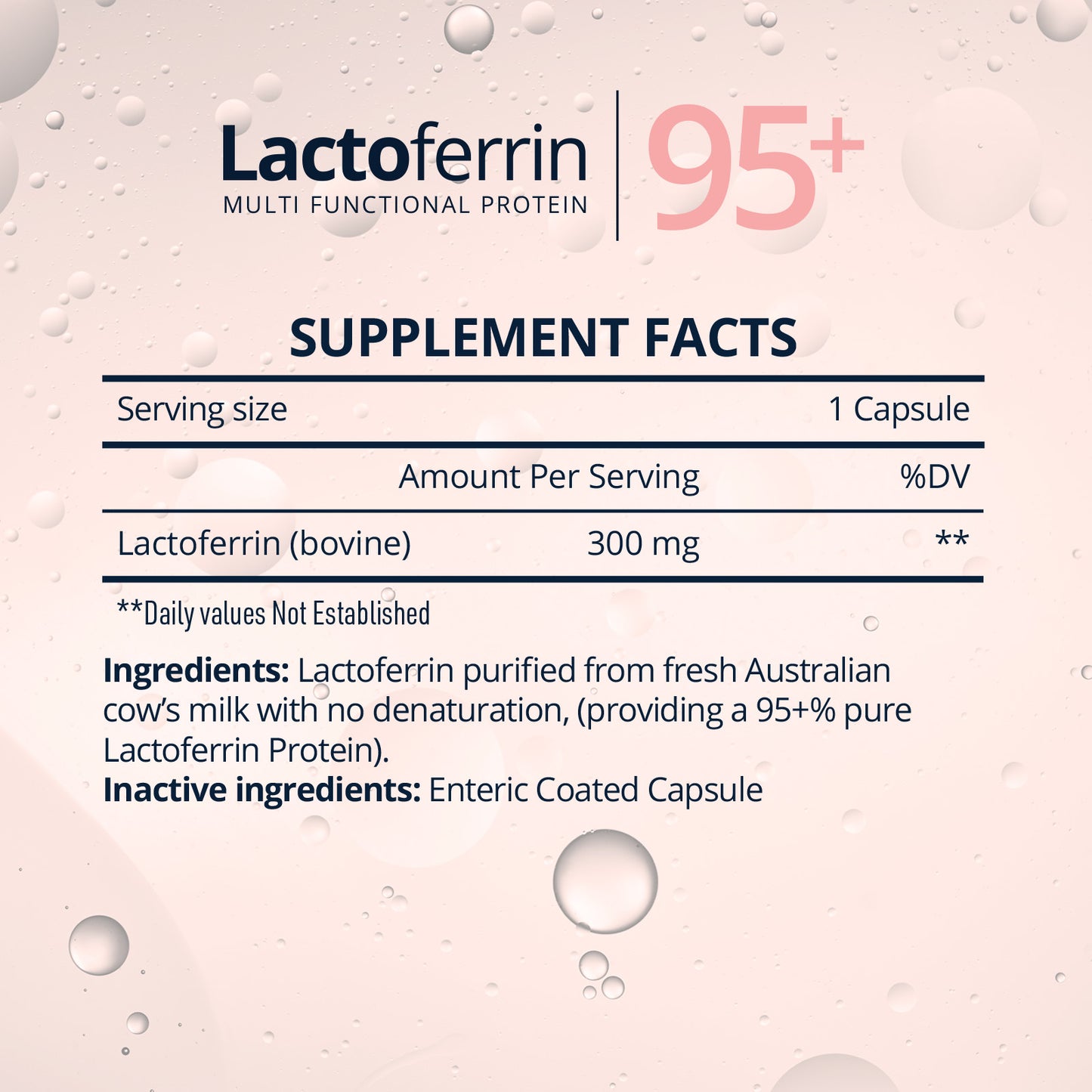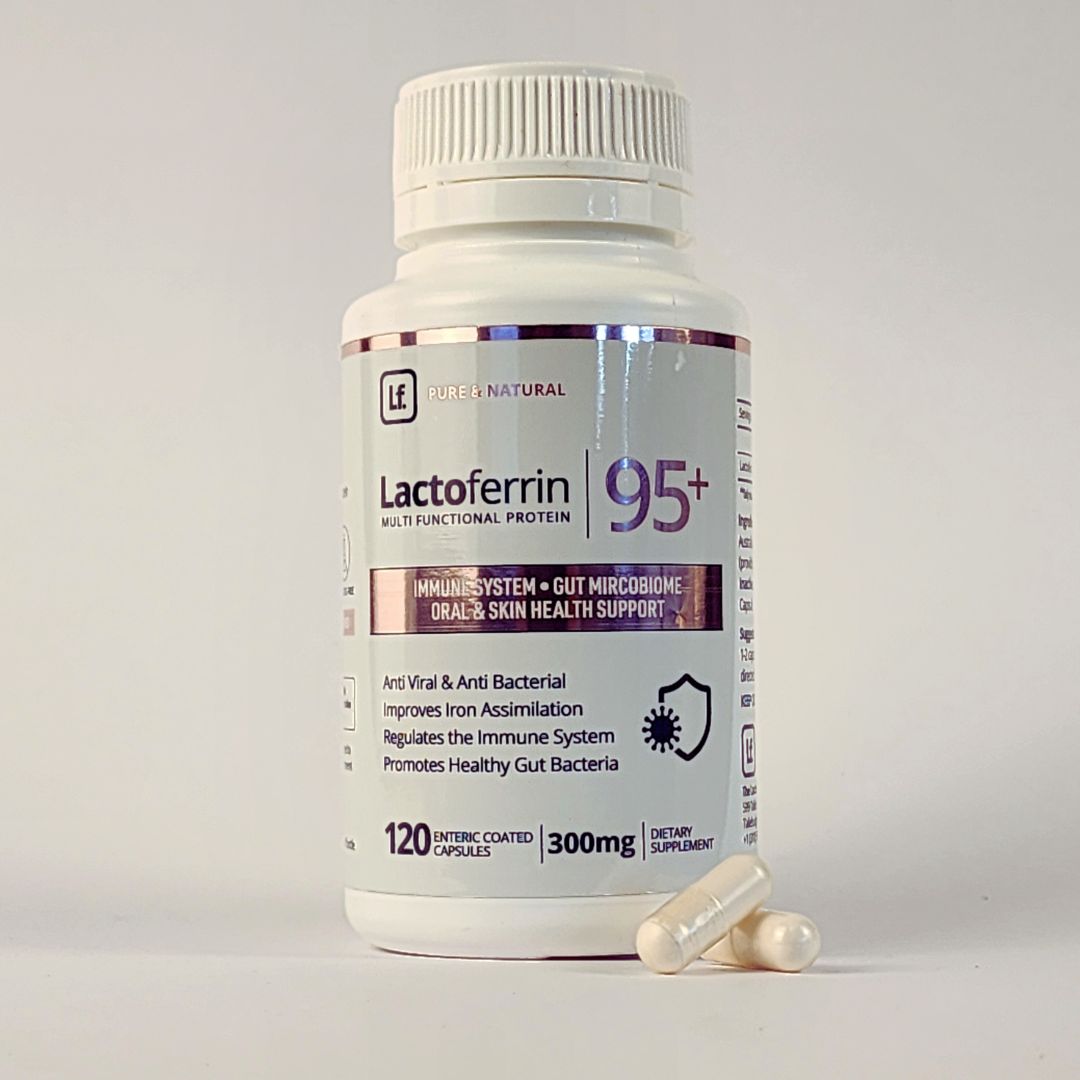Understanding Lactoferrin
Lactoferrin, a globular glycoprotein, plays a pivotal role in the regulation of iron metabolism, exhibiting a broad spectrum of anti-microbial, anti-viral, anti-inflammatory, and, notably, anti-cancer activities. Predominantly found in mammalian milk, including human breast milk, lactoferrin is also present in various bodily fluids such as saliva, tears, and nasal secretions. Its iron-binding capability is fundamental, allowing it to sequester iron from the environment, thus inhibiting the growth of pathogenic bacteria and fungi that require iron for survival.
The history of lactoferrin research dates back several decades, with initial studies focusing on its role in fighting infections and regulating iron absorption. However, the scope of research expanded as scientists began to uncover its potential in modulating the immune system and its therapeutic benefits, especially in cancer prevention and treatment. This protein's multifunctionality stems from its ability to interact with cellular receptors, influencing various cellular processes including cell growth, differentiation, and apoptosis—key factors in cancer development and progression.
Lactoferrin in Cancer Research
Research on lactoferrin's anticancer effects has been extensive, showing promising results across various types of cancer, including breast, colon, lung, and liver cancers. Lactoferrin can exert its anticancer effects through multiple mechanisms:
- Induction of Apoptosis: Lactoferrin induces programmed cell death in cancer cells, a process essential for preventing the uncontrolled cell growth characteristic of cancer.
- Cell Cycle Arrest: It can halt the cell cycle in cancer cells, preventing their proliferation.
- Inhibition of Angiogenesis: Lactoferrin inhibits the formation of new blood vessels that tumors need to grow.
- Modulation of Immune Response: By enhancing the immune system's ability to identify and destroy cancer cells.
Studies have highlighted lactoferrin's potential to specifically target cancer cells without harming normal cells, underscoring its therapeutic potential. Its ability to bind iron also plays a crucial role, as iron is often required for tumor growth and metastasis. By sequestering iron, lactoferrin can starve cancer cells of this essential nutrient, inhibiting their growth.
Case Studies and Clinical Evidence
Although clinical trials involving lactoferrin are still in the early stages, preliminary results have been promising. For instance, lactoferrin's efficacy in reducing tumor growth has been observed in animal models of cancer, providing a strong foundation for further research in human subjects. Clinical trials are crucial for determining the optimal dosage, safety, and potential side effects of lactoferrin when used as a cancer therapy.
Applications of Lactoferrin in Cancer Therapy
Currently, lactoferrin is being explored for its use in various cancer treatments, both as a standalone therapy and in combination with traditional cancer treatments like chemotherapy and radiation. Its natural origin and presence in the human diet potentially make lactoferrin a less toxic alternative to conventional cancer therapies. Moreover, its immune-modulating effects could make it an effective adjuvant therapy, enhancing the efficacy of existing cancer treatments and improving patients' overall outcomes.
Challenges and Future Perspectives
Despite the promising potential of lactoferrin in cancer therapy, several challenges remain. These include understanding the precise mechanisms of lactoferrin's action against cancer, improving its delivery to tumor sites, and determining the most effective dosages for different cancer types. Future research will need to address these challenges through more extensive clinical trials and the development of advanced delivery systems.
Lactoferrin represents a promising frontier in the battle against cancer, offering a natural, multifaceted approach to prevention and treatment. Its ability to target cancer cells, combined with its immune-boosting properties, makes it a unique and potentially powerful tool in oncology. As research progresses, lactoferrin may well become a key component of future cancer therapies, offering hope to patients worldwide.







